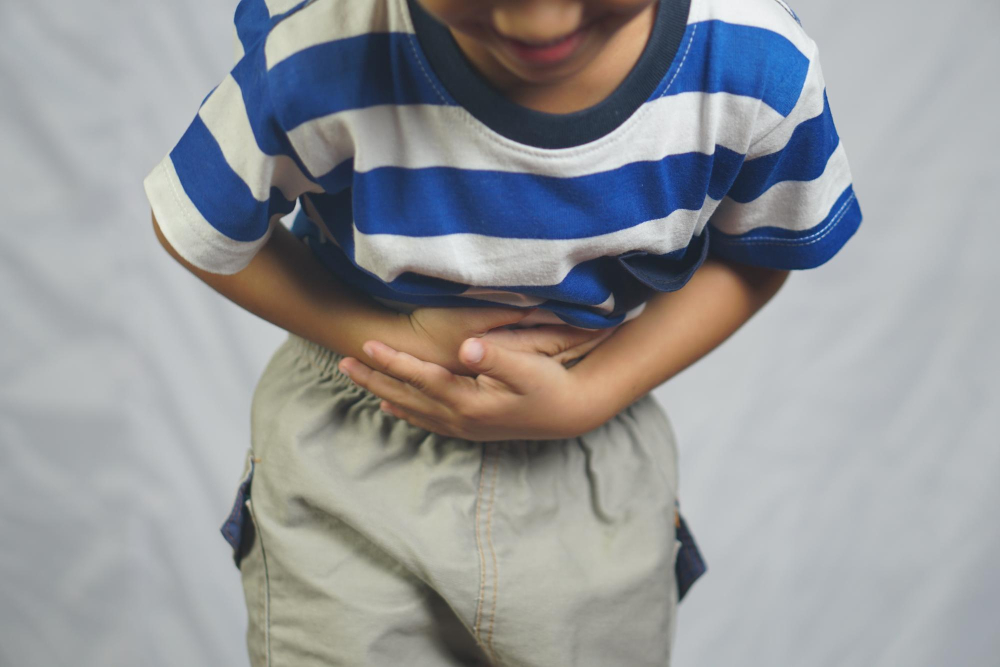What Are Kidney Stones in Children?
Kidney stones in children are small, hard lumps that form in the kidneys. These stones can cause pain and other health problems. While kidney stones are more common in adults, they can also affect children. Early detection is important. If your child has kidney stones, quick treatment can help prevent serious issues. The number of children with kidney stones has increased in recent years, according to the CDC.
Common Symptoms and Warning Signs
It is important for parents to know the signs of pediatric kidney stones. Sometimes, children may not show any symptoms. However, many children experience:
Because these symptoms can be caused by other problems, it is important to talk to a doctor if you notice them.
Causes and Risk Factors
There are several reasons why kidney stones form in children. Some common causes and risk factors include:
Because diet and hydration play a big role, healthy habits can help lower the risk. If your child has a family history of kidney stones, talk to your doctor about extra steps for prevention.
How Kidney Stones Are Diagnosed in Children
If your child shows signs of kidney stones, the doctor will ask about their symptoms and medical history. Next, the doctor may order tests to confirm the diagnosis. These tests can include:
Because early diagnosis helps prevent problems, do not delay seeking medical advice if you notice symptoms.
Treatment Options for Kidney Stones in Kids
Treatment for kidney stones in kids depends on the size and type of stone. Many small stones pass on their own with extra fluids and pain relief. However, some children need more help. Treatment options include:
Because each child is different, the doctor will choose the best treatment based on your child’s needs.
Prevention Tips and Healthy Lifestyle Guidance
Parents can help prevent kidney stones in children by encouraging healthy habits. Here are some tips:
Because prevention is easier than treatment, these steps can help keep your child healthy. If your child has had kidney stones before, regular check-ups are important.
When to Seek Medical Help
It is important to know when to call the doctor. Seek medical help if your child:
Because quick treatment can prevent complications, do not wait if you are worried about your child’s health.
Conclusion
Kidney stones in children can be scary, but early action helps. Know the symptoms, follow prevention tips, and talk to your doctor if you have concerns. Consult a pediatric urologist for personalized advice if your child shows symptoms of kidney stones.

